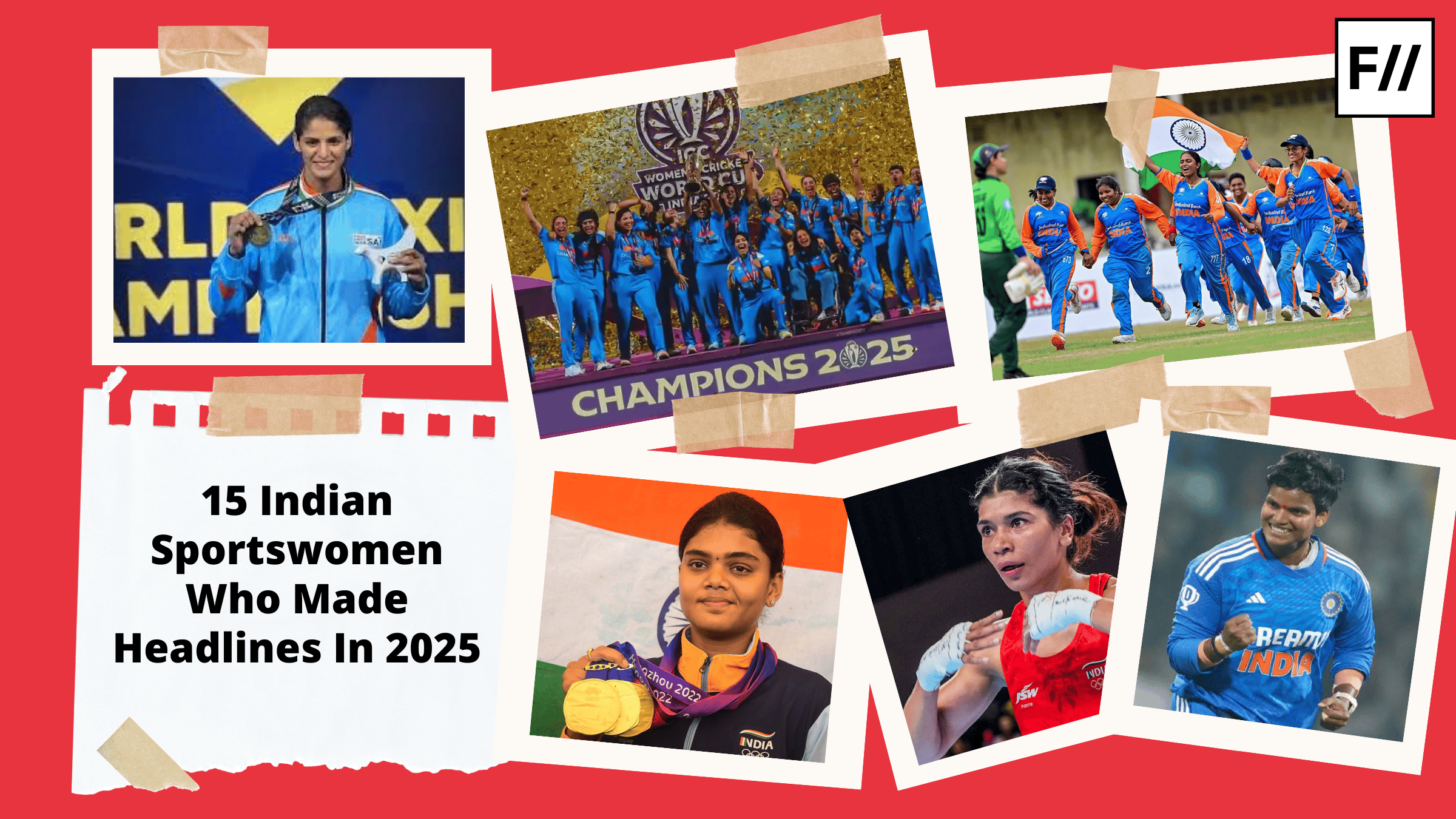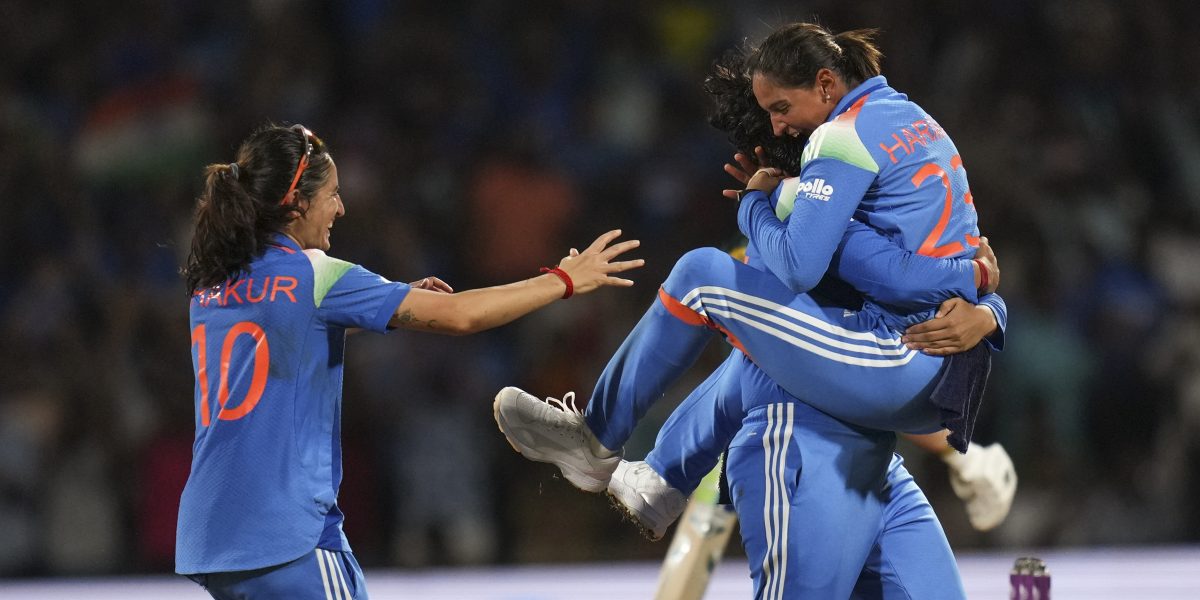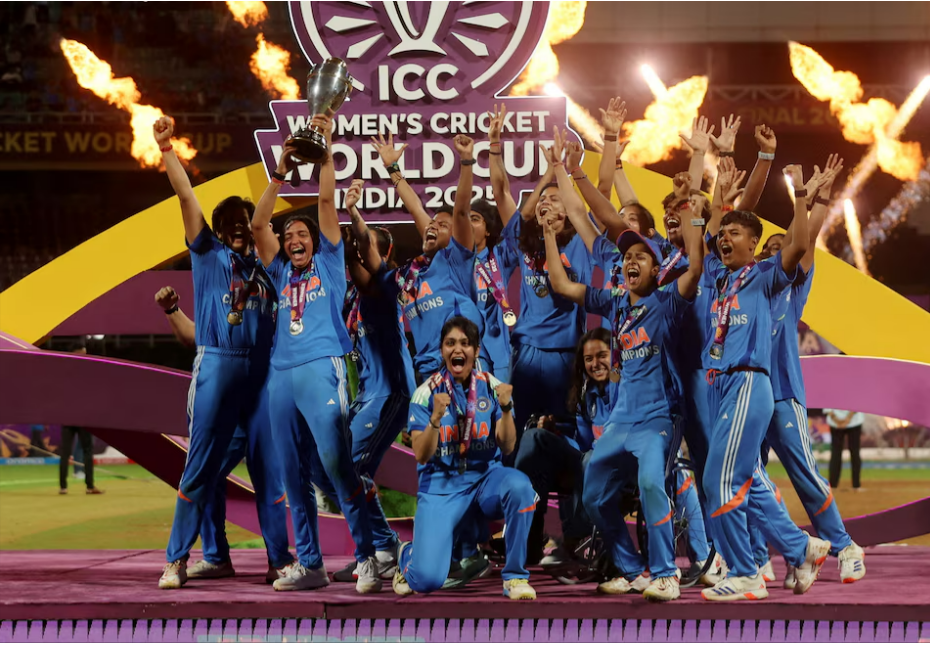Recently, the International Association of Athletics Federation (IAAF), and the Court of Arbitration in Sport (CAS) ruled that Caster Semenya, a South African middle-distance runner and an Olympic gold medalist, had unusually high levels of testosterone in her body, and would have to take testosterone-lowering medications for six months before running in any tournaments between 400m and a mile, henceforth. Semenya first gained recognition at the 2008 World Junior Championships where she won gold at the 800m, and later went on to win gold at the Commonwealth Games of 2008. In 2009, she won gold in both the 800m and 1500m races with game times of 1:56.72 and 4:08.01 respectively at the World Championships. She came further into the public eye, however, when she improved her game time to 1:55.45 in the 800m in the 2009 World Championships.
While in December 2009, Semenya was voted ‘Number One Women’s 800m Runner of the Year’, she also found herself in the middle of a controversy. Her stint in all the championships previously put the IAAF under “obligation” to subject her to scrutiny. She was asked to undertake a sex verification test, and also suspected of being on performance-enhancing steroids. While the sex verification results were never published, despite it being made such a spectacle of, she was cleared to compete in women’s competitions. However, rumours were doing the rounds that she had an intersex trait. The IAAF did not issue a statement to quell those rumours, in spite of having been “obliged” to conduct the tests.
Why is it that when women have shown extraordinary prowess in the field of sport, when they have worked hard to better themselves at every event, that their spirit has been crushed by calling their prowess “unnatural”?
The recent controversy that Semenya finds herself in is not the first time a female athlete has been subjected to such demoralising tests. In 2014, professional sprinter Dutee Chand was ousted in the last minute from the 2014 Commonwealth Games, when the Athletic Federation of India had stated that Chand’s improved running times in the Games were to be attributed to her hyperandrogenism, or an androgen excess in her body. Androgens in the human body are usually male sex hormones like testosterone. Chand had bettered her own run time in the 200m event in the Games. The IAAF later removed the ban on Chand when in 2015, when the CAS ruled that there was no concrete evidence to prove that testosterone levels improve athletic performance, but Santhi Soundarajan, a middle-distance running athlete in India told The Hindu that what this ordeal must have done to her spirit is unimaginable.
Also read: Dutee Chand: A Sportswoman Who Broke All Barriers
Why is it that when women have shown extraordinary prowess in the field of sport, when they have worked hard to better themselves at every event, that their spirit has been crushed by calling their prowess “unnatural”? Madeleine Pape, who competed alongside Semenya in the 800m for Australia at the World Championships of 2009 in Berlin penned a piece for The Guardian soon after IAAF’s ruling for Semenya was made public. While she is not a professional athlete anymore because of an injury that ended her career, she has been studying these championships in the course of the PhD she is currently pursuing. Pape says that she is against the “exclusion of women athletes with naturally high testosterone for both scientific and ethical reasons: scientifically, because biological sex and athletic ability are both far too complex for scientists to reduce to measures of testosterone, and ethically because these regulatory efforts have always been characterized by considerable harm to the women athletes singled out for testing.”
The CAS has ruled that high levels of testosterone provide an advantage to women on the basis of the fact that medical experts believe that testosterone is different from other natural physical advantages that men or women might possess, like longer limbs. Testosterone, a hormone produced by both men and women, is produced in much higher quantities by men, than by women, because of the presence of testes in men. Testosterone helps to build skeletal and cardiac muscle and increases the production of red blood cells. This apparently creates a record level of performance of individuals in spheres like sports, as opposed to women. But these studies are not determinative in the sense that they do not necessarily say that it enhances performance in races of the kind that are in question here. Who’s to say that using hormone reduction steroids will create a fair playing ground for other athletes, or not affect athletes like Semenya’s performance in other adverse ways?
We don’t hear about men losing races because of hypoandrogenism, so women winning them because of hyperandrogenism is a sexist idea that should not be encouraged.
The CAS itself has called its ruling “discriminatory” but also calls it a “necessary, reasonable, proportionate means” to achieve equity for women athletes on the field. But to subject women to such tests when they are performing well on the field, despite there being nebulous evidence of the kind of effect testosterone is said to have on their athletic prowess is unfair to female athletes. Even in its ruling, the CAS limited the use of the new rule between 400m and 1 mile because the effects of high testosterone, if any, will be seen mostly in that range. South Africa has called this a grave violation of Semenya’s dignity as a female athlete and her human rights. Especially at a time when we are slowly easing into the idea of gender fluidity in all spheres of public and private life, it is important that we don’t allow vague notions of science to eat into the progress we have already made in the arena of sports.
We don’t hear about men losing races because of hypoandrogenism, so women winning them because of hyperandrogenism is a sexist idea that should not be encouraged. If men are not singled out to undergo sex verification tests or doping tests, women, whose performances are seen to be getting better shouldn’t be either, because it discredits the work put in by female athletes. Pape also points out that it is important that the IAAF use this ruling to encourage the dissemination of more information around this, as well as call for gender wise administration in sports as opposed to denying the space for women athletes to participate.
Also read: The Horror Of Sex Verification In Sports
As Semenya said after the ruling that this is how she is, and that that shouldn’t be the reason she isn’t allowed to play; the IAAF said it wanted to ensure “a level playing field and ensure that success is determined by talent, dedication, hard work, and the other values and characteristics that the sport embodies and celebrates”, but for an institution that is trying to scientifically and rationally justify its judgment, this does seem like an arbitrary premise for it.
Featured Image Source: Washington Post
About the author(s)
Himalika is slowly beginning to get the hang of being an adult, despite being a bad cook. She will take most things with a sense of humour and is constantly striving to infuse feminist practices in her research.




